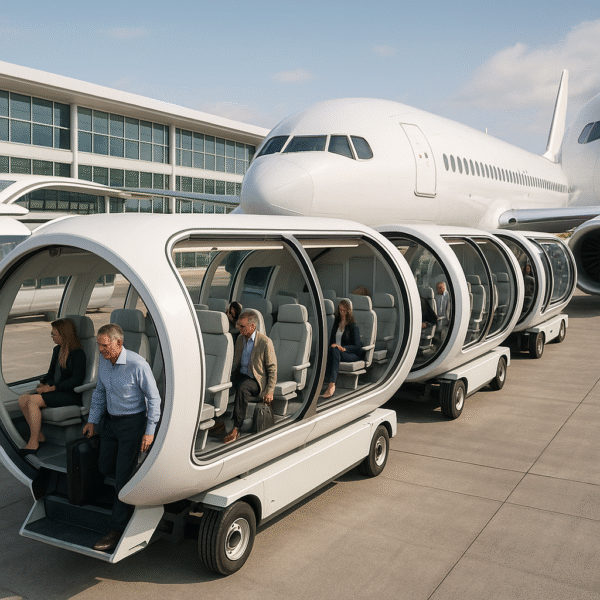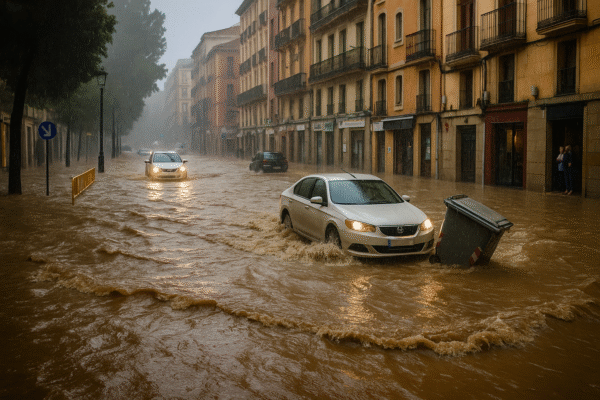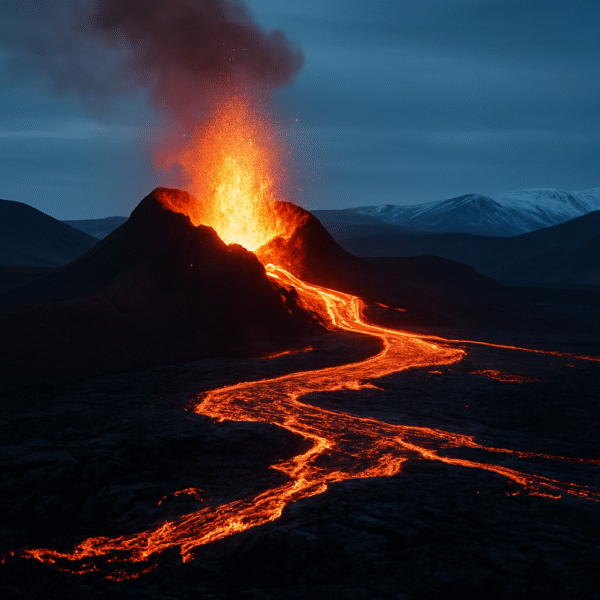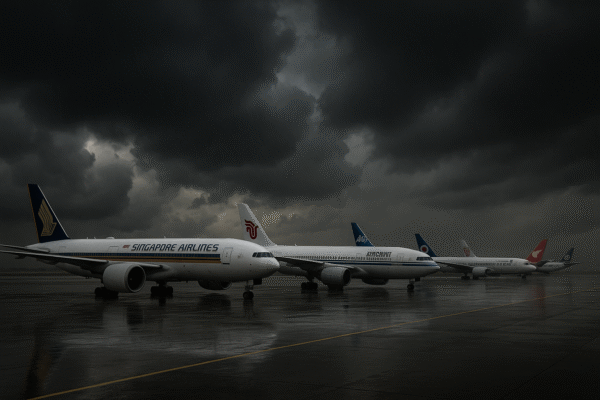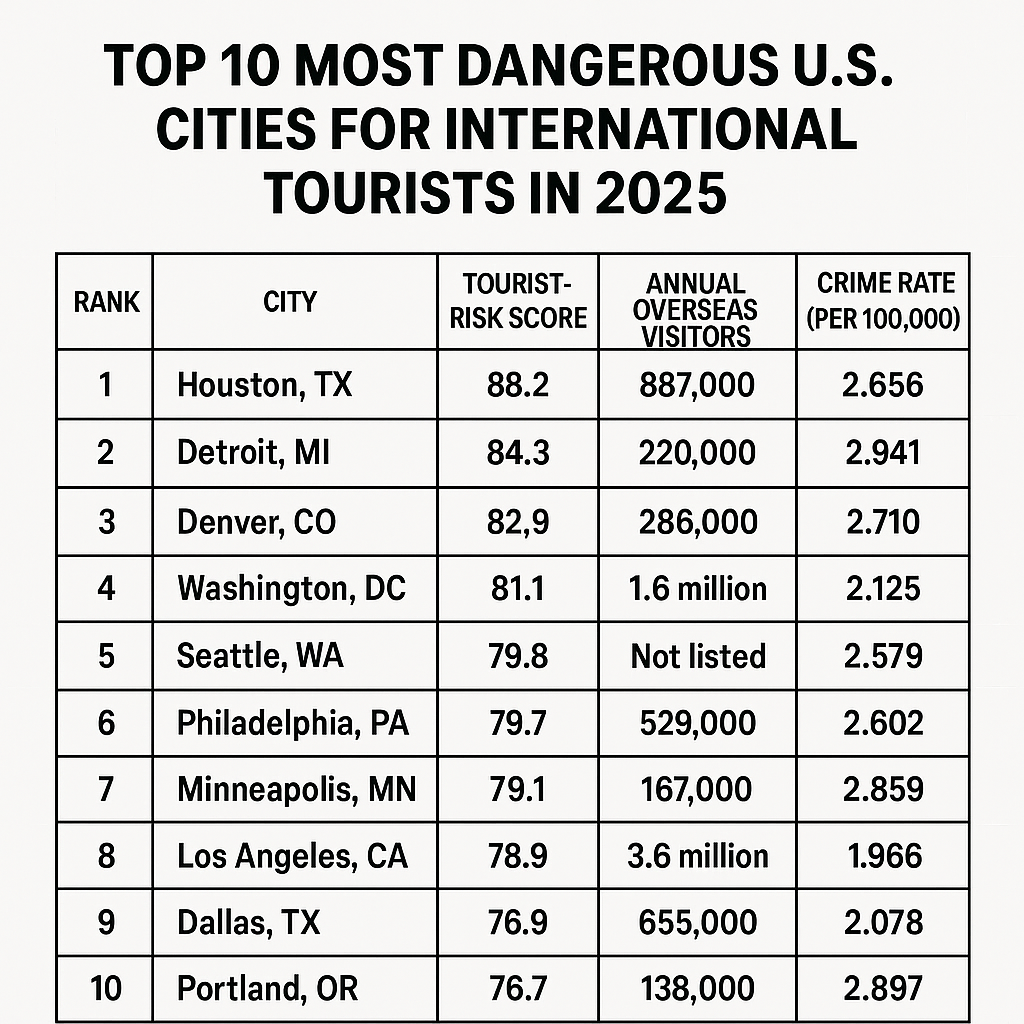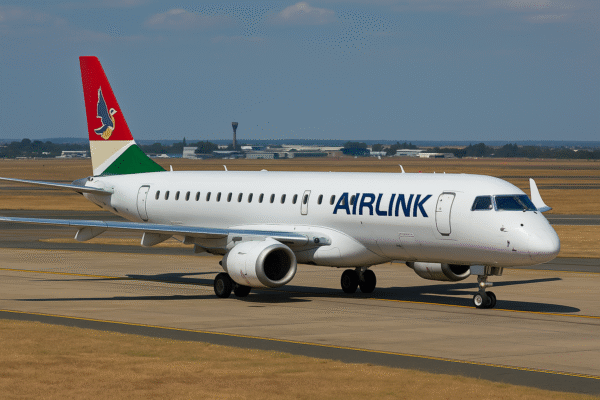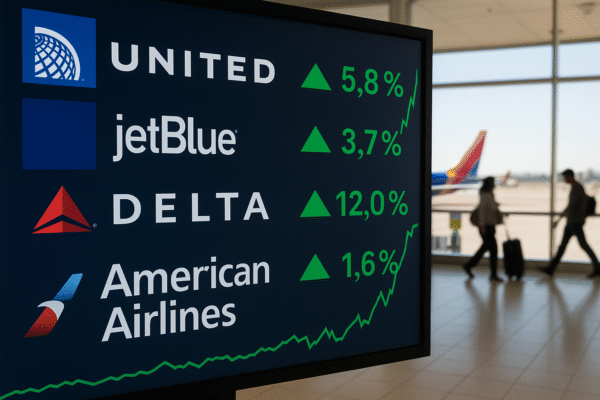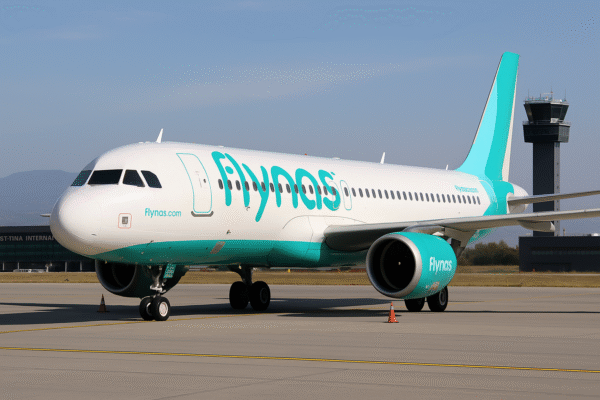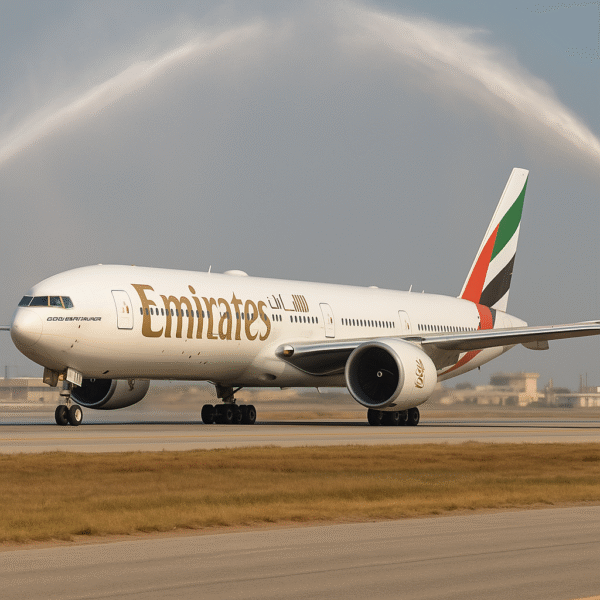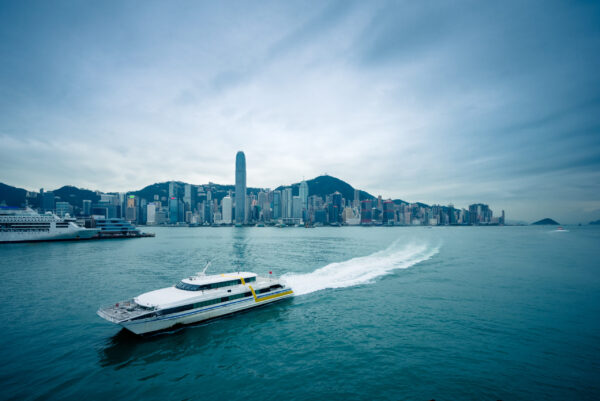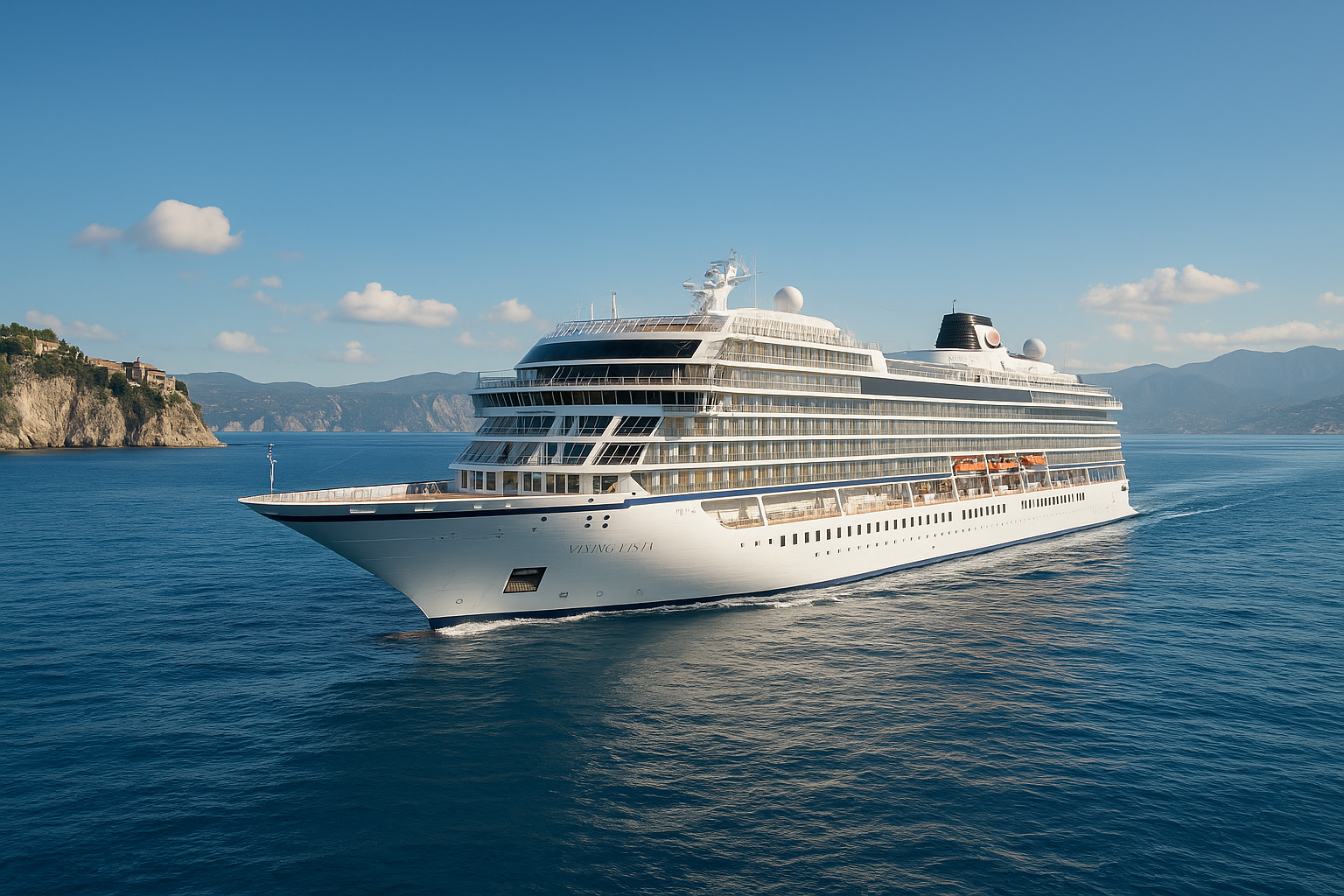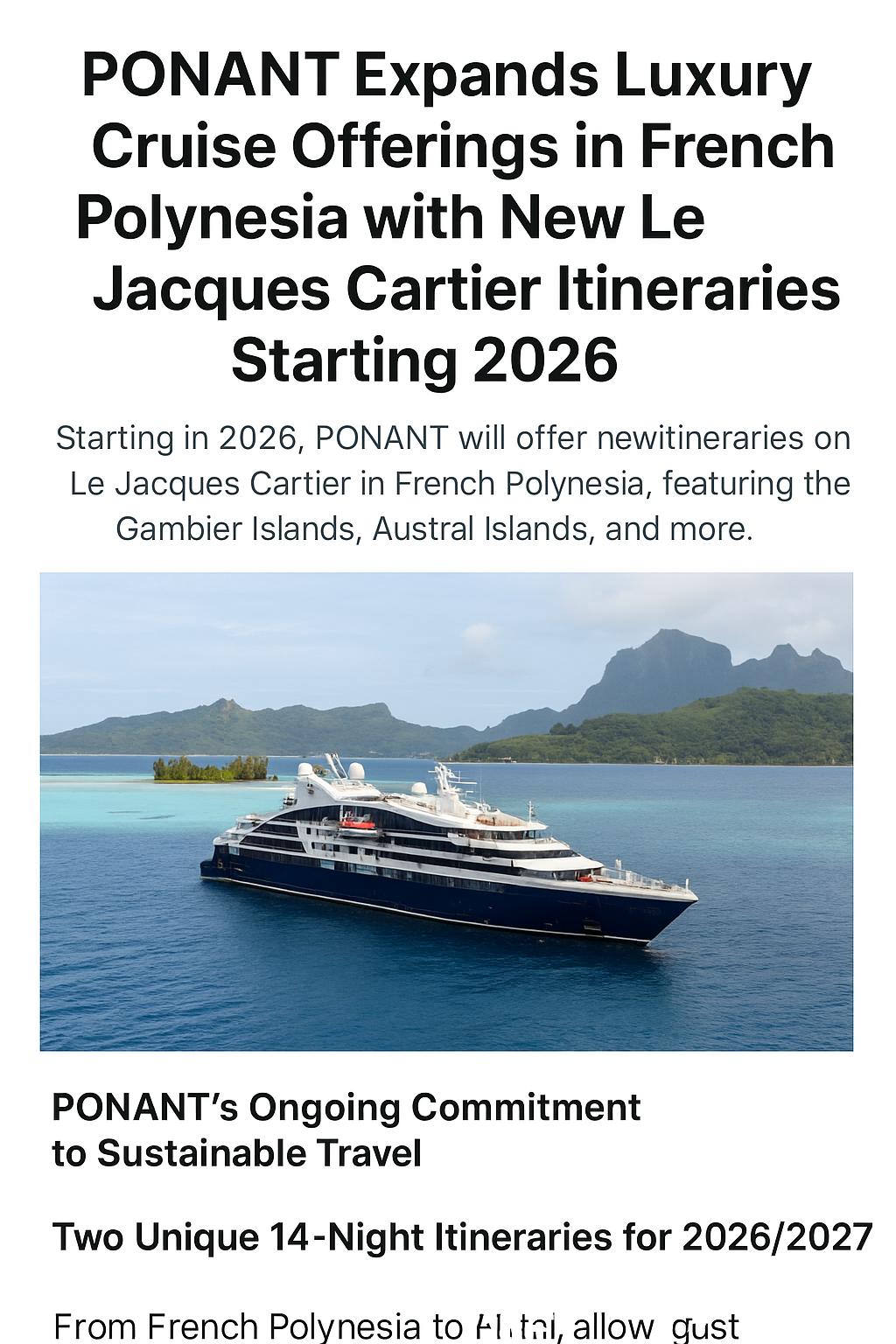The global travel industry is entering a new phase of experiential luxury as cities like Sydney, Maldives, and Dubai lead the surge in marine-based accommodation. Travelers are no longer settling for traditional five-star hotels — they are now diving into the rising trend of floating villas and underwater suites that deliver breathtaking views, marine encounters, and immersive experiences. With demand booming among couples, families, and adventure-seekers alike, these destinations are redefining luxury travel in 2025 and beyond.
Redefining Luxury: From Sea-Level to Submerged
Imagine drifting asleep to the rhythm of ocean waves or waking up surrounded by coral reefs and vibrant marine life through the window of your underwater bedroom. This is no longer fantasy. Floating and underwater hotels have become one of the most sought-after travel experiences in recent years. Across Sydney’s famed harbour, the crystal-clear waters of the Maldives, and Dubai’s futuristic skyline, marine stays are now an integral part of luxury tourism.
The trend reflects a broader shift in traveler expectations. According to data from Allied Market Research, the global underwater hotel market — valued at USD 3.6 billion in 2024 — is projected to reach USD 13.2 billion by 2034, growing at a CAGR of 13.5%. The rise is driven by a generation of travelers seeking immersive, social media-worthy experiences that blend indulgence with nature.
Sydney: Australia’s Gateway to Floating Retreats
In Sydney, high-end moored yachts and luxury houseboats on the scenic Murray River offer five-star amenities with views of icons like the Sydney Opera House and Harbour Bridge. Popular among families and couples, these marine stays come with rooftop spas, gourmet kitchens, and concierge services. Platforms like Airbnb have tapped into the market by connecting travelers to luxury boats and houseboat stays, making the experience more accessible.
These floating stays are also drawing investors. With events like New Year’s Eve in Sydney Harbour attracting millions, owning or chartering a marine property offers strong returns. The Australian Taxation Office (ATO) allows marine equipment depreciation under Division 40 of the Income Tax Assessment Act 1997, including dining furniture, air conditioning units, and GPS systems. However, expert advice from quantity surveyors is crucial to remain compliant and maximize deductions.
Maldives: The Iconic Home of Underwater Hospitality
The Maldives remains a global leader in marine accommodations. Luxury resorts like the Conrad Maldives Rangali Island, with its famous Muraka underwater suite, offer fully submerged bedrooms, private butlers, and 24/7 panoramic views of the reef. Such experiences continue to attract high-net-worth travelers from across the world.
Thanks to consistent temperatures of around 27°C even in July, the Maldives is a year-round destination. Visitors are drawn not just by the climate, but by the exclusivity and sustainability efforts. Resorts often include coral restoration projects and eco-friendly design, enhancing the appeal of these underwater paradises.
Dubai: Innovation Meets Opulence Under the Sea
Dubai’s Atlantis The Palm and its Underwater Suites represent a futuristic leap in hospitality design. Overlooking the expansive Ambassador Lagoon, these suites feature floor-to-ceiling views of marine life, direct butler service, and gold-standard interiors. Dubai is doubling down on its ambition to become a marine tourism hub, with new floating villa projects like The Floating Venice and Sea Palace Floating Resort in development.
Dubai’s warm July weather, averaging 30°C to 41°C, doesn’t deter tourists. Instead, the emirate’s extensive indoor attractions, luxury malls, and marine cooling technology ensure guests stay comfortable while enjoying their aquatic stays.
Strategic Investment and Regulatory Insight
As interest in marine stays surges, so too does investor interest. Floating hotels and houseboats are now being treated as high-yield luxury real estate, especially in event-driven locations like Sydney. However, financing differs from traditional property loans. Boat loans come with higher interest rates and stricter terms. Owners must also comply with marine safety, licensing, and insurance regulations across jurisdictions.
Investors are encouraged to assess marine asset liquidity and seasonality. While peak seasons can deliver high ROI — such as major festivals or holidays — off-peak periods require strategic pricing and promotional campaigns to maintain profitability.
What Travelers Should Know
- Book Early: Due to limited inventory and increasing demand, underwater and floating stays often sell out months in advance.
- Check Inclusions: Amenities vary widely — from private chefs to scuba diving sessions — so ensure your booking includes what matters most to you.
- Understand the Climate: Sydney sees 13–18°C in July, while Maldives and Dubai offer warmer weather, making them ideal winter escapes.
- Know the Rules: Some marine stays may have guest restrictions, safety briefings, or age limitations for underwater access.
The Future of Business and Leisure Travel
Beyond leisure, luxury marine accommodation is gaining traction in corporate travel. Floating suites and underwater lounges offer exceptional venues for business retreats, private networking events, and incentive travel. The novelty factor combined with high-end service elevates such locations beyond the traditional hotel ballroom.
For tourism boards and hospitality operators, this trend opens new branding opportunities. Marine hospitality blends sustainable travel with cutting-edge architecture and immersive storytelling, creating lasting impressions and digital buzz.
Conclusion: Welcome to the Future of Luxury Travel
Floating and underwater accommodations in Sydney, Maldives, and Dubai are more than just a passing trend — they are a glimpse into the future of luxury tourism. These destinations are not only offering novel lodging options but are tapping into deeper traveler desires for connection, adventure, and exclusivity.
Whether you’re diving into a glass-walled suite in the Maldives, enjoying rooftop views of the Sydney Harbour from a luxury houseboat, or drifting to sleep below the sea in Dubai, the era of immersive marine travel is here.
Book early, pack wisely, and prepare to redefine what luxury travel means in 2025. The sea is no longer just a destination — it’s where the journey begins.
For more travel news like this, keep reading Global Travel Wire



